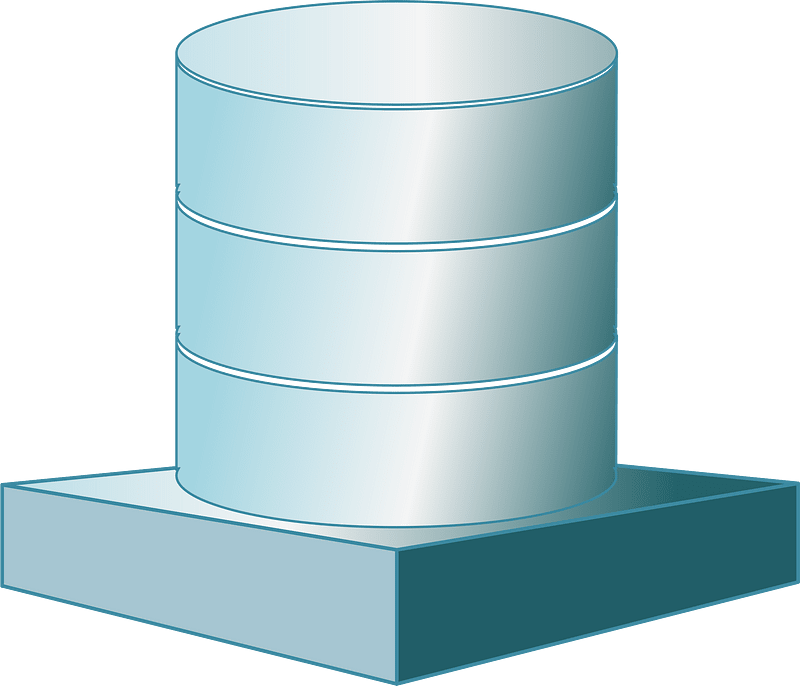
What is VMs for MySQL? Boosting Flexibility and Efficiency.
In today’s rapidly evolving technological landscape, businesses are continually seeking innovative ways to optimize their operations. One such solution that has gained significant traction is the use of Virtual Machines (VMs) for MySQL, a database management system that offers enhanced flexibility, efficiency, and remote accessibility. In this blog post, we’ll delve into the concept of VMs for MySQL, explore their benefits, and answer key questions surrounding their usage.
Can I Install MySQL on a Virtual Machine?
Absolutely! Installing MySQL on a virtual machine is a popular approach for many organizations. A virtual machine is a software-based simulation of a physical computer, enabling you to run multiple operating systems and applications on a single physical host. By installing MySQL on a virtual machine, you can isolate the database environment from the host system, enhancing security and ensuring consistent performance even when other applications are running on the same hardware.
What is a Virtual Column in MySQL?
A virtual column, also known as a generated column, is a powerful feature in MySQL that allows you to define a column’s value using an expression or a function. This column is not stored physically on disk; rather, its value is calculated on the fly based on the expression you provide. Virtual columns can be especially beneficial for tasks like indexing, data transformation, and generating derived data. They offer an elegant way to save storage space and streamline complex computations without the need to store redundant data.
How to Connect to Remote MySQL?
Connecting to a remote MySQL server involves a few key steps
Configure MySQL Server
Ensure the MySQL server is configured to allow remote connections. This often includes adjusting the server’s configuration file (my.cnf) to set the appropriate binding address and grant necessary permissions.
Firewall Settings
If a firewall is present, make sure it allows incoming connections on the MySQL port (default: 3306).
Username and Password
Create a MySQL user with the necessary privileges to connect remotely. Specify the host from which the connection will be made, which can be a specific IP address or a wildcard for any IP.
Connection String
To connect, use a MySQL client application or a programming language with MySQL support. Provide the remote server’s IP address, the username, password, and the database name if applicable.
Is MySQL Server Free?
Yes, MySQL is available under two main editions: the MySQL Community Edition and the MySQL Enterprise Edition. The MySQL Community Edition is open-source and free to use, providing a robust and feature-rich relational database management system. It’s suitable for a wide range of applications and is often the choice for startups, small businesses, and developers.
On the other hand, the MySQL Enterprise Edition offers advanced features, services, and support for larger enterprises with demanding requirements. It comes with additional tools, plugins, and premium support options, making it suitable for mission-critical applications.
In conclusion, leveraging Virtual Machines for MySQL offers businesses the opportunity to enhance their database management practices by improving flexibility, efficiency, and remote accessibility. By understanding the benefits of virtual columns, the process of connecting to remote MySQL servers, and the cost considerations of MySQL editions, organizations can make informed decisions to propel their operations forward.